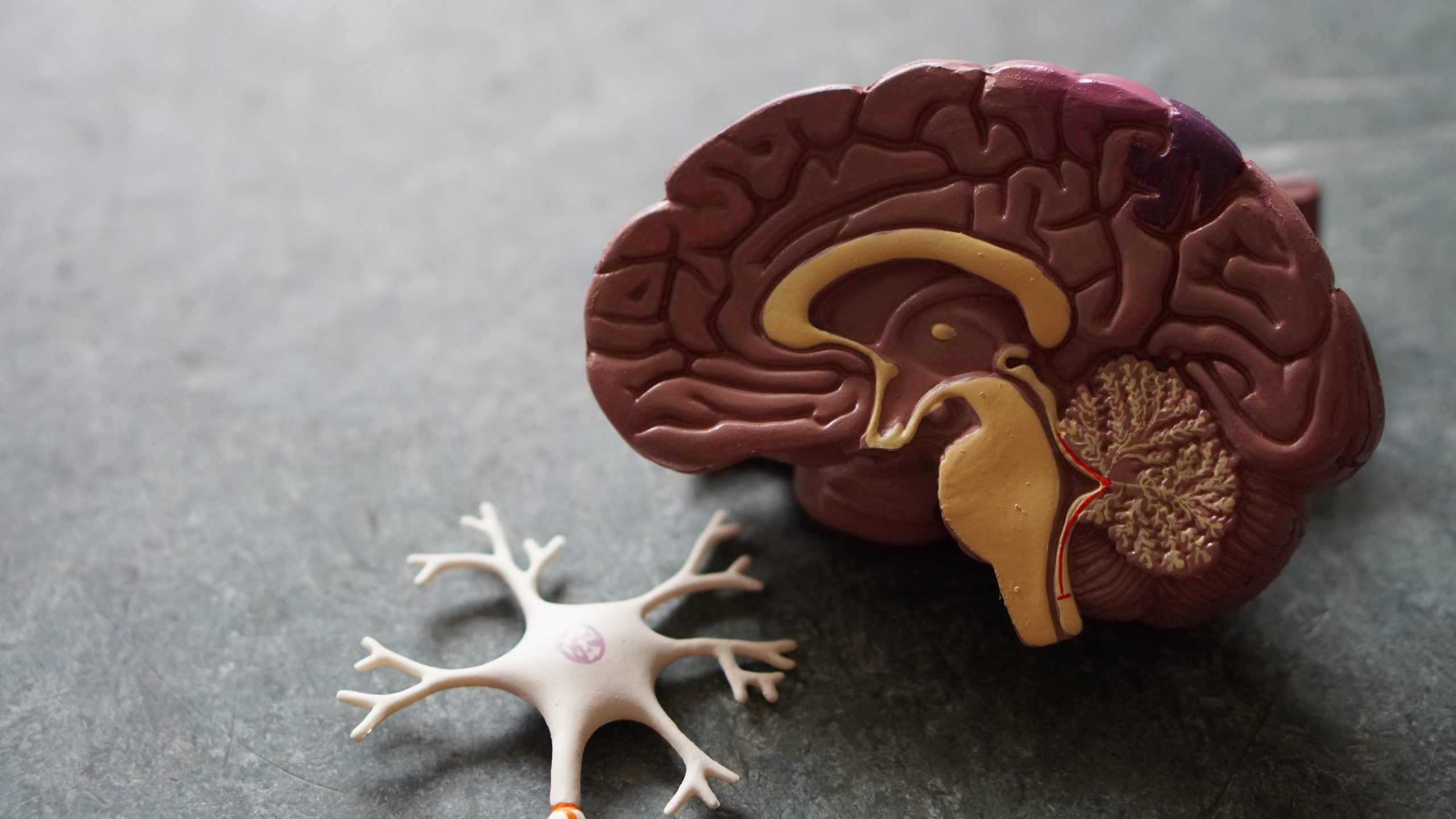The human brain is a complex organ responsible for regulating a wide range of functions, including mood, behavior, and cognition. The chemical messengers that enable communication between brain cells, known as neurotransmitters, play a critical role in these functions. In this article, we will explore the role of neurotransmitters in mental health, with a focus on dopamine, serotonin, and other important chemicals.
What are Neurotransmitters?
Neurotransmitters are chemical messengers that transmit signals between neurons, or brain cells. They are released by one neuron, cross a tiny gap known as a synapse, and bind to receptors on another neuron, triggering a response. There are dozens of neurotransmitters in the brain, each with its own specific function.
Dopamine and Mental Health
Dopamine is a neurotransmitter that plays a crucial role in regulating mood, motivation, and reward. It is involved in the brain’s reward circuit, which is responsible for the pleasurable feelings associated with food, sex, and drugs. Low levels of dopamine have been linked to depression, while high levels have been linked to mania and psychosis.
Certain medications used to treat mental health conditions, such as antipsychotics and antidepressants, target dopamine receptors in the brain. For example, selective serotonin reuptake inhibitors (SSRIs), a type of antidepressant, can increase dopamine levels by preventing the reabsorption of serotonin, another neurotransmitter that is involved in regulating mood.
Serotonin and Mental Health
Serotonin is a neurotransmitter that is involved in regulating mood, appetite, and sleep. It is sometimes referred to as the “feel-good” neurotransmitter, as it is associated with feelings of well-being and happiness. Low levels of serotonin have been linked to depression and anxiety.
Selective serotonin reuptake inhibitors (SSRIs), a type of antidepressant, work by increasing serotonin levels in the brain. They do this by preventing the reabsorption of serotonin, allowing it to remain in the synapse for longer and continue to signal to other neurons.
Other Important Neurotransmitters
In addition to dopamine and serotonin, there are several other important neurotransmitters involved in mental health:
- Norepinephrine: This neurotransmitter is involved in regulating attention, arousal, and stress response. It is also involved in the fight-or-flight response, which prepares the body to respond to danger.
- GABA: Gamma-aminobutyric acid (GABA) is an inhibitory neurotransmitter that helps to calm the brain and reduce anxiety. Medications that enhance GABA activity, such as benzodiazepines, are sometimes used to treat anxiety disorders.
- Glutamate: Glutamate is an excitatory neurotransmitter that is involved in learning and memory. Abnormal levels of glutamate have been linked to several mental health conditions, including schizophrenia and depression.
- Acetylcholine: Acetylcholine is involved in regulating attention, learning, and memory. Low levels of acetylcholine have been linked to Alzheimer’s disease, while high levels have been linked to mania.
Conclusion
Neurotransmitters play a critical role in regulating mood, behavior, and cognition. Abnormal levels of neurotransmitters have been linked to several mental health conditions, including depression, anxiety, and schizophrenia. Medications that target specific neurotransmitters, such as SSRIs and benzodiazepines, are often used to treat these conditions. However, the relationship between neurotransmitters and mental health is complex, and more research is needed to fully understand how these chemicals affect the brain.

